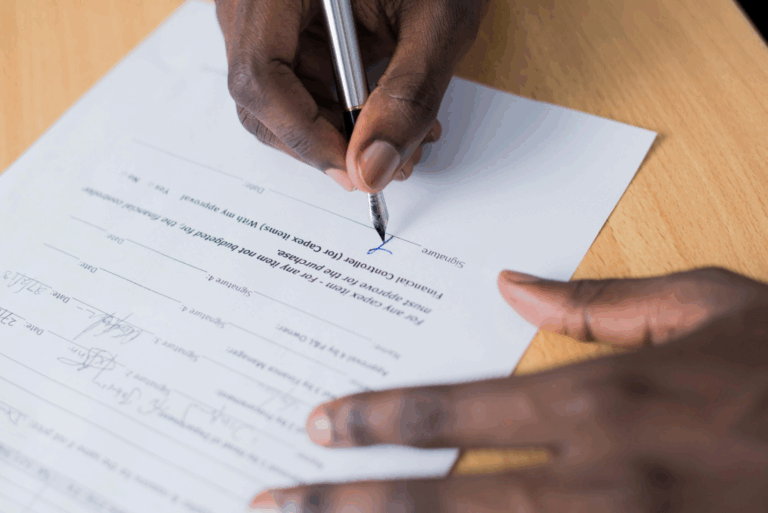Family law cases can be complex and emotionally charged, particularly when court orders are not followed. Whether it’s child support, custody arrangements, or alimony, the failure of one party to adhere to a court’s ruling can create significant stress and financial strain for the other party.
This is where an enforcement attorney in Houston plays a crucial role. These attorneys specialize in ensuring that court orders are enforced and that individuals comply with their legal obligations.
In this blog, we will explore the essential role of enforcement attorneys in family law matters in Houston.
Understanding the Role of an Enforcement Attorney
An enforcement attorney specializes in family law, particularly in cases where one party is not complying with court orders. In Houston, enforcement attorneys deal with a variety of family law issues, including:
- Child Support Enforcement: Ensuring that child support payments are made in full and on time.
- Custody and Visitation Enforcement: Addressing violations of custody or visitation orders.
- Alimony Enforcement: Enforcing spousal support agreements or court-ordered alimony.

These attorneys are also well-versed in related areas of law, such as family-based immigration and Postnuptial Agreements in Houston, which can intersect with enforcement cases.
How Enforcement Attorneys Assist with Court Order Compliance
When a court issues an order, whether it’s for child support, custody, or alimony, both parties are legally obligated to follow it.
Enforcement attorneys in Houston play a critical role in this process. Here’s how they assist with court order compliance:
1. Identifying Non-Compliance
The first step in enforcement is identifying that a violation of a court order has occurred. This could involve missed child support payments, failure to adhere to custody arrangements, or not paying alimony as required. An enforcement attorney in Houston will review the court order and the circumstances of the case to determine whether non-compliance has taken place.
2. Filing a Motion for Enforcement
Once non-compliance is identified, the attorney will file a motion for enforcement with the court. This legal document outlines the specific ways in which the court order has been violated and requests that the court take action to enforce it. The motion must be detailed and supported by evidence, such as payment records or communication logs.
3. Representing Clients in Court
If the case goes to court, the enforcement attorney will represent the client during the hearing. They will present evidence, call witnesses if necessary, and make legal arguments to support the enforcement of the court order.
The goal is to persuade the judge to take action, such as issuing fines, ordering wage garnishment, or even holding the non-compliant party in contempt of court.

The Steps Involved in the Enforcement Process
The enforcement process involves several key steps, each of which is crucial to achieving a successful outcome. Understanding these steps can help individuals know what to expect when seeking to enforce a court order.
1. Consultation and Case Review
The process begins with a consultation with an enforcement attorney. During this initial meeting, the attorney will review the details of the case, examine the court order, and discuss the specific violations that have occurred. They will also evaluate the available evidence and determine the best course of action.
2. Gathering Evidence
Evidence is critical in enforcement cases. The enforcement attorney will work with the client to gather all relevant documentation, such as payment records, communication between the parties, and any other evidence that supports the claim of non-compliance.
3. Filing the Motion for Enforcement
Once the evidence is gathered, the attorney will draft and file the motion for enforcement with the court. The motion will also request specific remedies, such as payment of overdue child support or enforcement of custody arrangements.

4. Court Hearing
After the motion is filed, a court hearing will be scheduled. The opposing party will also have the opportunity to present their side of the story.
5. Court Ruling and Enforcement
Following the hearing, the judge will issue a ruling. If the court finds that the order was violated, it will impose remedies to enforce compliance. These remedies could include wage garnishment, fines, or even jail time for contempt of court.
When a court order is violated, it’s essential to take action quickly to protect your rights. An enforcement attorney will act on your behalf to ensure that you receive the support and compliance you are entitled to.
If you are dealing with non-compliance in a family law matter, don’t face it alone. Contact Daniel Ogbeide Law today to schedule a consultation with one of our experienced family law and litigation attorneys in Houston, TX. Whether you need help with enforcing child support, custody, or alimony orders, we are here to provide the legal representation you need.




















